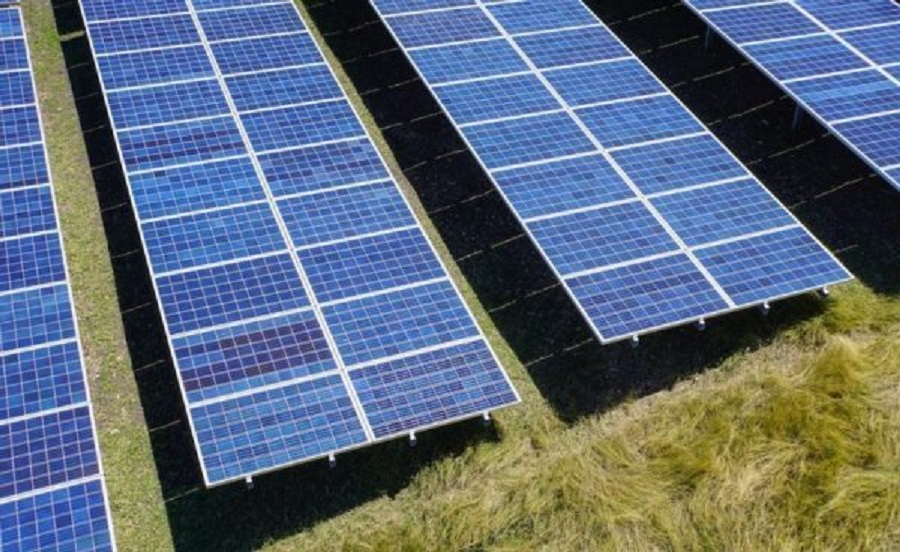From pv magazine India
The Ministry of New and Renewable Energy (MNRE) has expanded the scope of the Approved List of Models and Manufacturers (ALMM) to open access and net-metering projects from April 1, 2022. Accordingly, only the models and manufacturers included in the ALMM list will be eligible for use in government projects, government-assisted projects, projects under government schemes and programs, open access, and net-metering projects.
These include projects set up to sell electricity to the government under the guidelines issued by the central government under Section 63 of the Electricity Act, 2003 and projects under Component A of the Pradhan Mantri Kisan Urja Suraksha evam Utthaan Mahabhiyan (PM-KUSUM) program.
The MNRE, in its drive to reduce India’s dependence on solar imports and achieve self-reliance, has made it mandatory for solar module manufacturers to get registered under the ALMM to be eligible for a wide range of government-backed projects. The decision on expanding the ALMM scope has been lauded by representatives from the North India Module Manufacturers Association (NIMMA), the Indian Solar Manufacturers Association (ISMA), the All India Solar Industries Association (AISIA), and industry leaders.
“We are thankful to the government for taking this step which will help consumers to get better quality and reliable supplier, lenders and investors will have more confidence on their investment as modules are a major and most important component of solar power projects,” said Hitesh Doshi, the president of All India Solar Industries Association. “Domestic industry is suffering for a long time due to almost 90% of imports of solar modules. Local manufacturing capacity in India, which is more than our requirement, now will have some business.
Bharat Bhut, cofounder and director, Goldi Solar, a Gujarat-based solar manufacturer praised the decision. “The ALMM policy amendment by MNRE is a significant announcement in the interest of all stakeholders. The announcement has come at an appropriate time, just when BCD [basic customs duty] will be implemented;” said Bhut. “The combined effect of both these policies will be massive, and I am sure India will grow to become a solar manufacturing hub in the coming years.”
This content is protected by copyright and may not be reused. If you want to cooperate with us and would like to reuse some of our content, please contact: editors@pv-magazine.com.




By submitting this form you agree to pv magazine using your data for the purposes of publishing your comment.
Your personal data will only be disclosed or otherwise transmitted to third parties for the purposes of spam filtering or if this is necessary for technical maintenance of the website. Any other transfer to third parties will not take place unless this is justified on the basis of applicable data protection regulations or if pv magazine is legally obliged to do so.
You may revoke this consent at any time with effect for the future, in which case your personal data will be deleted immediately. Otherwise, your data will be deleted if pv magazine has processed your request or the purpose of data storage is fulfilled.
Further information on data privacy can be found in our Data Protection Policy.